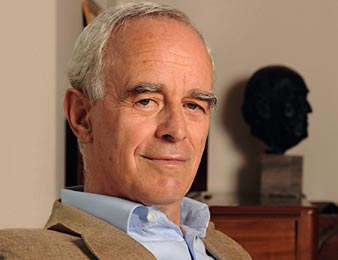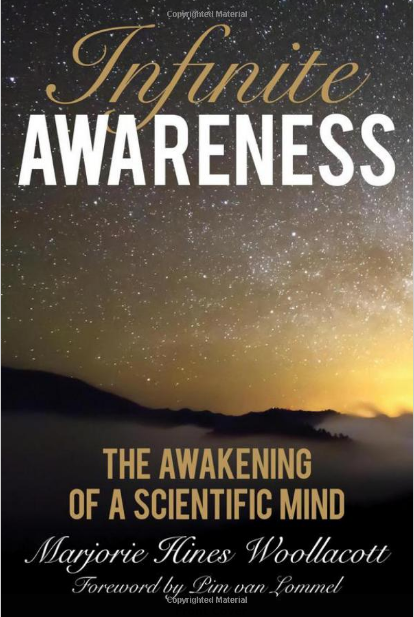In this episode, I had the honor of speaking with cardiologist Dr. Pim van Lommel. For more than twenty years Dr. van Lommel has studied near-death experiences (NDEs) in patients who survived a cardiac arrest. In 2001, he and his fellow researchers published a study on Near Death Experiences in the renowned medical journal The Lancet. He, then wrote the bestseller Consciousness Beyond Life: The Science of the Near-Death Experience in 2007.

We had a great conversation and covered Enhanced Consciousness, NDEs and more. Please enjoy this episode with Dr. Pim van Lommel.
Questions we discussed:
- You are known for your extensive work with NDEs; however, your book is titled, Consciousness Beyond Life. It’s a book about consciousness. So, if it’s okay with you, let’s start there.
- Medical Doctors generally see consciousness as either on or off. In your first experience with NDE’s in 1969, you saw consciousness differently, as more than just that waking consciousness. Is that correct? Can you expand on that for us?
- So, the idea — that NDEs lead you to — is that there is a special state of consciousness, an enhanced consciousness?
- And this is technically, medically impossible during cardiac arrest, but observed/reported.
- What is the difference between normal, waking consciousness and enhanced consciousness? [no time, no space, non-local].
- Are there other ways to access enhanced consciousness, such as Psychedelics?
- Speaking of psychedelics, you mention DMT a few times in your book, as having a role in consciousness. What role in consciousness do you think DMT plays?
- You sought to answer the question, “What is the biological basis of consciousness?” Within that question, though, is a pretty significant assumption — that there is a biological basis — which you point out, has never actually been proven…we all just kind of ran with it. So, how do you answer that question today?
- You say that the brain facilitates consciousness, it does not produce or create it.
- So, then, what is consciousness and where does it come from, then?
- When/how does consciousness bind to the brain? Mind-brain binding?
- When does that happen in a new human life?
- Is Quantum Mechanics the ‘missing link’ between the brain and consciousness? Might we find a particle, the conscioutron? Gravity?
- You have an analogy of the brain being like a radio – a relay station – tuning into the Consciousness channel, with waking consciousness being a single channel and enhanced consciousness being all channels at once. Can you expand on that a little?
- Aldous Huxley, and his book, Doors of Perception, describes the brain as a filter for a cosmic Consciousness, Universal knowledge. Is there any correlation there to your idea of the brain’s tuning into consciousness?
- NON-LOCAL CONSCIOUSNESS:
- “The content of an NDE suggests that consciousness may be nonlocal.” What is a nonlocal consciousness?
- In quantum physics, you mention, that everything is connected. Is it that way for our consciousnesses? Is that endless consciousness?
- DNA is the ‘mobile phone number’ of consciousness, or IP address?
- Does non-local consciousness enable connections between minds?
- Collective consciousness is unlimited, and connects each individual with everything else, past, future, everything. Is there a way to access this greater Collective consciousness?
- What about the living and the dead, can they be connected?
- In your view, then, what is death, then, a simple change in consciousness?
- Would it be possible to bind, or affix non-local Consciousness to a new brain? Perhaps, a mechanical brain? DNA
- I think you reference this in your book…but you are familiar with the study on brain activity in rats…just before cardiac arrest…the burst of activity, with George Mashour and others.
- What do you make of this activity as it relates to you ideas of non-local consciousness? Is that a sign of consciousness releasing and re-binding to the body, before and after the NDE?
- Since writing the book, have you seen any new information or recent discovery out there that is causing you to either second-guess or reaffirm your ideas on consciousness?
- What breakthroughs do you see coming in the study of consciousness and NDEs?
- What else, what haven’t I asked you, in the context of consciousness? What’s next from you?
Podcast: Play in new window | Download
